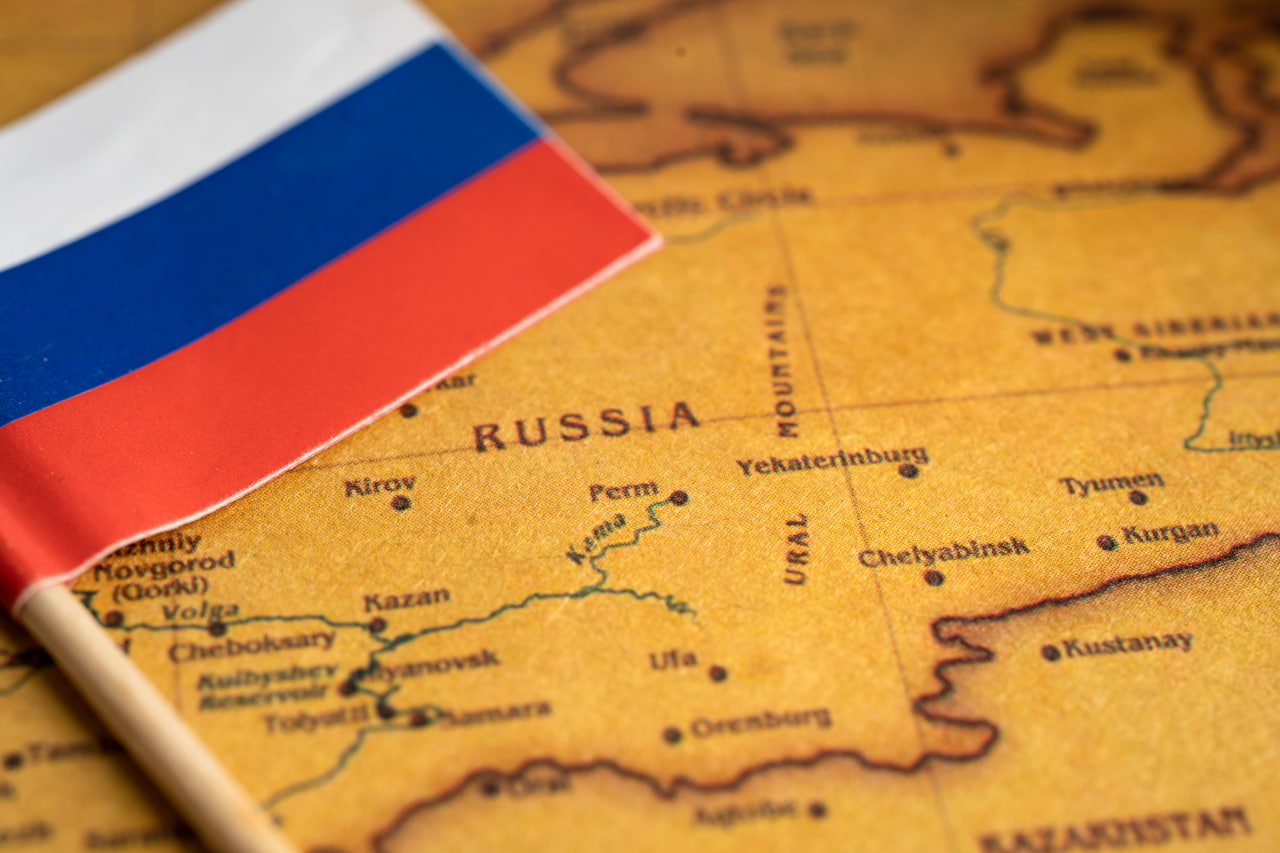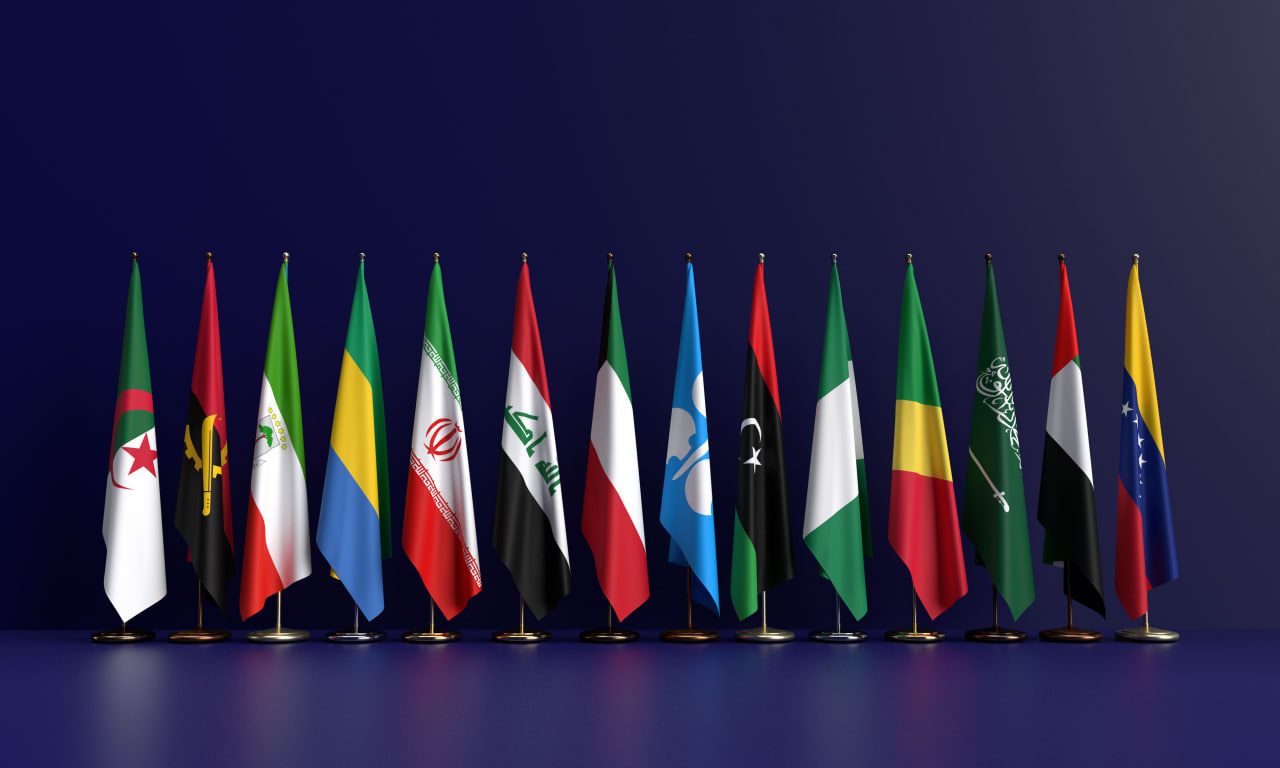1. Understanding the Russian Business Environment
Russia remains a major global market, but doing business there requires more than just opportunity—it needs precision and insight.
Hierarchical decision-making: Final decisions come from the top executive. Engaging senior leadership early is vital (chamber-international.com, globalizationpartners.com, valen-legal.com).
Status and presentation: Russians value professional appearance—formal suits, polished shoes, and business cards with Russian translations signal respect (blog.oncallinternational.com).
Patience is a virtue: Negotiations can be long, emotional, and involve test-of-character tactics. Compromise is viewed as weakness (tjc-global.com).
2. Mastering Cultural Etiquette and Relationships
Building trust is non-negotiable in Russian commerce.
Formal introductions: Always use titles and full names, unless invited otherwise (bleachglobal.com).
Small talk matters: Begin with polite conversation—family, sports, history—before diving into deals (bleachglobal.com).
Business entertainment: Meals, drinks, or even banyas can be deal-making venues. Gifts (e.g., quality chocolates, branded items) are appreciated .
Patience with punctuality: You must be on time. If late, inform your host. If they are late, don’t be offended—it may be a test .
3. Navigating Logistics and Sanctions
Logistics to Russia is complicated by sanctions and regulatory constraints—but not impossible.
Alternate route options: Shipping by sea, rail, or road through third countries like Turkey and the UAE can help bypass sanctions (ft.com).
Rail freight demand up: With Red Sea instability, Russia's rail corridors remain operational and increasingly vital (ft.com).
Classified supply chains: Russian law prohibits public disclosure of logistics for sanctioned goods. Use discreet, compliant channels (reuters.com).
Sanction relief opportunities: Recent U.S. discussions offer potential easing on food, fertilizer, and shipping goods—stay updated (reuters.com).
4. Product Certification & Regulatory Compliance
Russia’s regulatory landscape demands rigor and preparation.
Documentation essentials: Certificates of origin, sanitary/Phytosanitary (SPS) documents, and GOST certification (if applicable).
Labeling: All packaging and documents must be in Russian—with clear product descriptions, quantities, and origin .
Due diligence on partners: Putin-era regulations and trade shifts mean vetting distributors and customs brokers is mandatory.
5. Sales Approach & Negotiation Tactics
Understanding Russian negotiation styles gives you competitive edge.
Direct communication: Russians prefer straightforward, honest exchanges (reddit.com, cntraveler.com, clickup.com).
Preparedness: Show technical depth and thorough documentation—powerful in a detail-focused market .
Stand your ground: Avoid early concessions; rigidity can earn respect and result in stronger deals .
Closing protocols: Deals are often sealed with firm handshakes or signed minutes of meetings (“protokol”) (scbtrade.com).
6. Choosing Market Entry Strategies
Explore one of the following viable entry paths:
Local agent/distributor: Best for navigating red tape and facilitating trust.
Joint venture or local office: For deeper market penetration.
Direct exports (B2B): Feasible for niche or specialized products with strong logistical support.
Local language support remains essential, especially outside Moscow and St. Petersburg .
7. Risk Management and Trust-Building
Mitigate risks, especially given political uncertainties and corruption concerns.
Use secure payments: Prefer Letters of Credit or advance payments.
Legal counsel: A must, to comply with evolving sanctions and trade rules.
Insurance and inspection: Obtain third-party verification to signal trustworthiness.
Ongoing engagement: Regular check-ins, cultural respect, and personal rapport cement long-term deals.
8. Case in Point: Resilient Local Manufacturing
With Western brands exiting, Russian businesses now favor domestic and trusted alternative suppliers. Domestic companies have grown under state support, presenting opportunities for compliant exporters to fill quality gaps (investopedia.com, ft.com).
Conclusion
Exporting successfully to Russia isn't just about logistics or pricing—it’s about blending strategic route planning, diligent cultural awareness, regulatory compliance, and trust building.
These “golden keys” unlock a marketplace that remains hungry for quality, reliability, and authenticity.
✅ Call to Action
Interested in exporting to Russia?
Let us help you navigate sanctions, set up logistics, and tailor your business approach for Russian success.
📩 Contact us today to design your Russia export strategy—from door to door.



